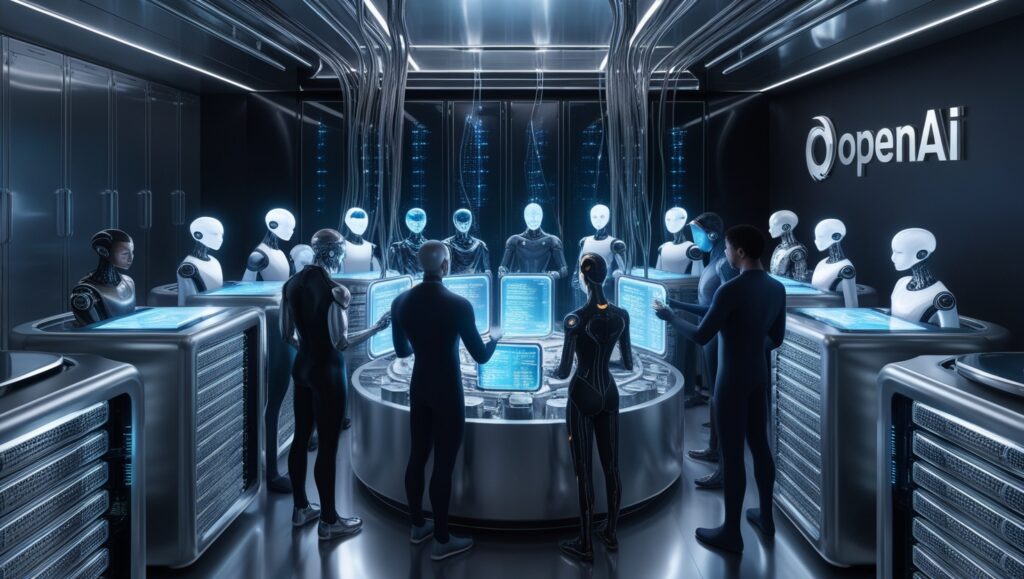Let AI models communicate with one another. This is a novel approach developed by OpenAI to encourage greater transparency from AI models.
The business presented the technique’s supporting research this week, and Wired reports that further information will be released in a future publication.
Basically, what happens is that when two AI models are put to debate, the more capable model is compelled to share more of its inner workings. Furthermore, this can aid in human comprehension of how these models solve problems.
In order to test the method, OpenAI gave AI models simple math problems to solve. While the second person listened to identify mistakes in the first’s answers, the more capable one described how it resolved the problems.
Yining Chen, an OpenAI researcher working on safety, told Wired that the technique is one of several that the company has released in recent weeks that are “fundamental to the mission of building a [artificial general intelligence] that is both safe and beneficial.” In order to demonstrate its advancement toward artificial general intelligence, the corporation also unveiled a new scale.
The company’s latest endeavor comes after several turbulent months for its safety division. Six months after leading the unsuccessful attempt to remove CEO Sam Altman, Ilya Sutskever, cofounder and chief research officer of OpenAI, announced his resignation in May. Jan Leike, another researcher employed by the organization, did the same a few hours later. The superalignment group at OpenAI, which Leike and Sutskever co-led, was tasked with aligning artificial intelligence systems with human goals. One week afterward, Gretchen Krueger, an OpenAI policy researcher, also left the company, citing “overlapping concerns.”
Concerns regarding OpenAI’s dedication to safety as it advances its technology were raised by their departures. Elon Musk, the CEO of Tesla, was one of several academics who signed a letter in March of last year expressing worries about the quick speed at which AI is developing. More recently, Stuart Russell, an AI researcher and professor at the University of California, Berkeley, declared that OpenAI’s goals to develop artificial general intelligence without completing safety validation were “completely unacceptable.”








